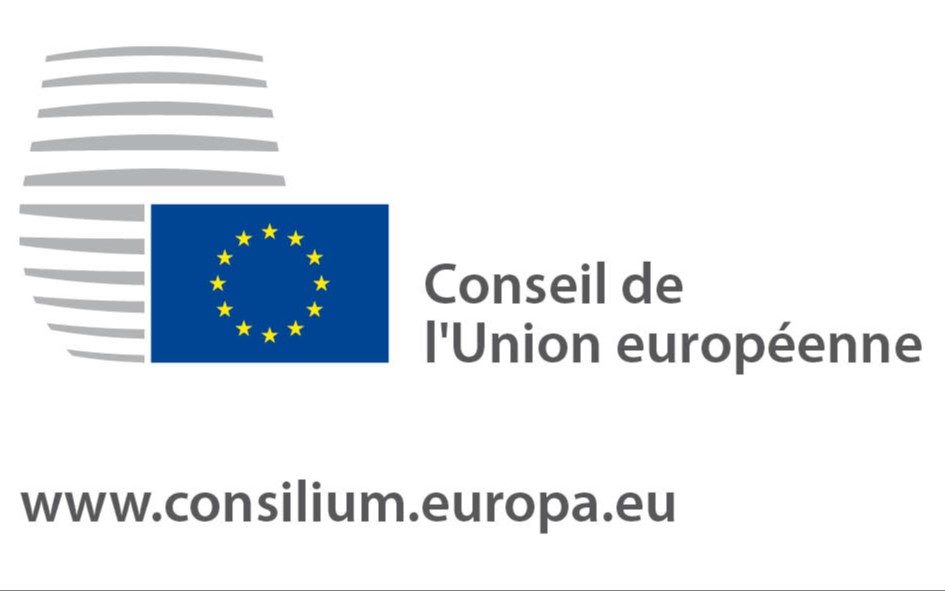Document type: Note discussed in the "Agriculture and Fisheries" Council of January 17, 2022 Council of the European Union
Author: General Secretariat of the Council of the European Union
Preview: The Farm to Fork Strategy announced that the European Commission will, in 2023, revise the EU animal welfare legislation to align it with the latest available scientific evidence, broaden its scope and make it easier to enforce in order to ensure a higher level of animal welfare. To this end, the Commission has been carrying out an evaluation ("fitness check") of the current EU animal welfare legislation and has launched an impact assessment to evaluate the economic, social and environmental consequences of the envisaged changes to these EU rules. In addition, the European
Food Safety Authority (EFSA) is working on a series of scientific opinions to provide updated scientific evidence to support this legislative revision.
In this context, the Commission organised on 9 December 2021 a high-level stakeholder conference on "EU animal welfare - today & tomorrow". This conference was one of the several steps undertaken to collect views of all stakeholders in order to feed both the fitness check and the impact assessment that will support the legislative proposal.
Policy options were debated in five panels - on animal welfare labelling, the phasing out of cages, transport, slaughter and on-farm welfare. [...]The panel discussion on labelling was the occasion to highlight that [...] there might be a need to rationalise and simplify this landscape to increase transparency. Some stakeholders stressed that a multi-tier system with scores would make it easier for consumers to compare and choose products with higher animal welfare premium. Others insisted that any animal welfare label needs to be accompanied by a powerful information campaign for it to have an impact.
The panel discussions on-farm welfare and the phasing out of cages were the occasions to highlight [...] the need for Member States to reap the opportunities provided by the new CAP in this area, notably by using eco-schemes for such measures. Most participants were in favour of requiring equivalent welfare rules at import into the EU. [...]In the panel discussion on welfare at the time of slaughter/killing, speakers considered that certain stunning methods have negative welfare consequences and that there is a need to assess whether commercially viable alternatives with better welfare outcomes are available. Several agreed that slaughter equipment should be approved at EU level and considered that banning the use of electric prods might have implications on workers' safety when handling large animals. Most participants were in favour of specific rules for the killing of fish.
Finally, the panel discussion on welfare during transport revealed different views on the extent to which long-distance transport should be restricted. Most participants agreed that the welfare conditions during such transport were difficult to control, especially in exports to non-EU countries. A discussion took place on whether transporting meat and genetic material was a real alternative to transporting live animals.






